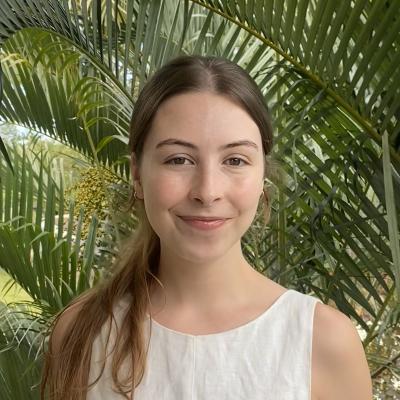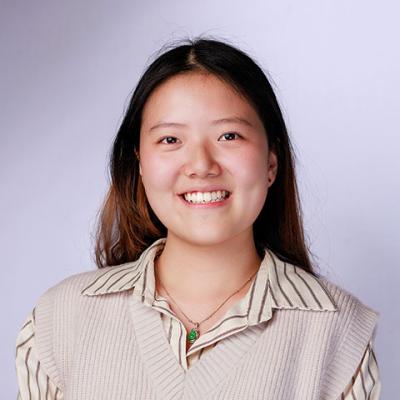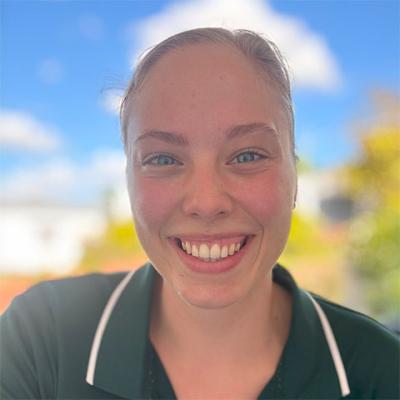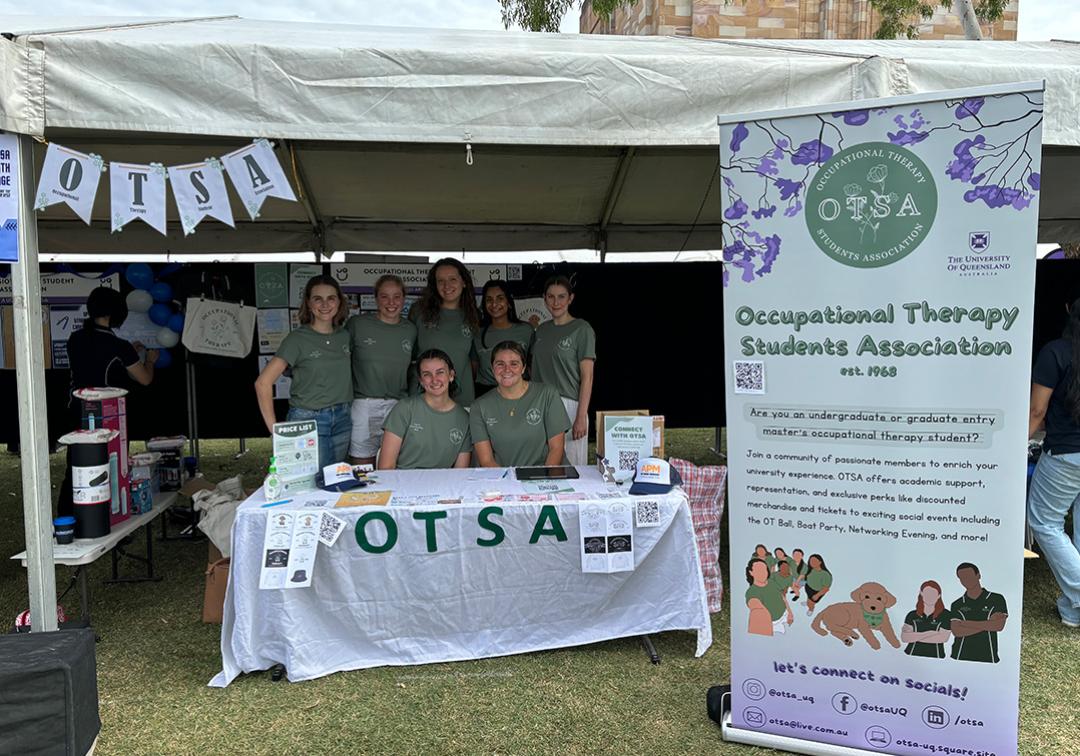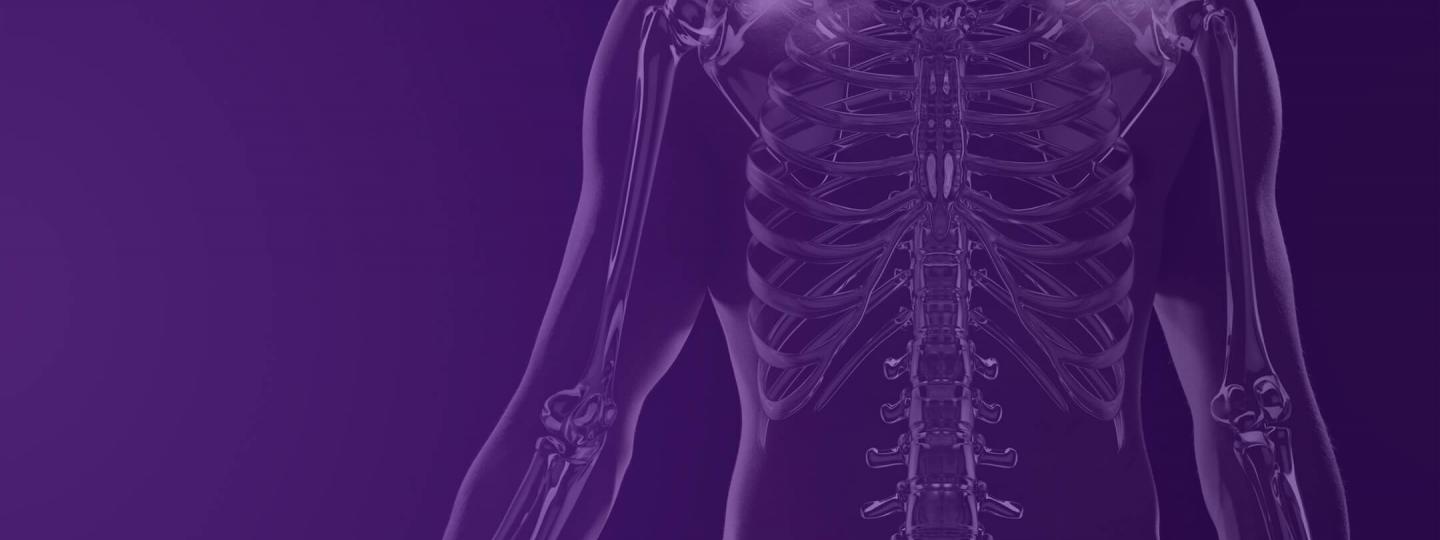
Bachelor of Occupational Therapy (Honours)
Overview
Become a leader in occupational therapy to help enable people of all ages to overcome barriers that affect their ability to participate in essential everyday activities – from tying shoelaces to driving a car.
You'll join one of Australia's leading schools for health and rehabilitation sciences, renowned for its long tradition of teaching, research and graduate excellence.
Throughout the program, you'll explore and practise a range of approaches to help clients develop, recover or maintain their engagement. You'll address challenges stemming from injury or illness, psychological or emotional difficulties, developmental delays or ageing.
You'll learn how to collaborate with your clients and other healthcare partners to identify effective solutions, such as modifying tasks or environments, skills development and providing tailored education – designed to meet individual needs and improve their quality of life.
You’ll gain hands-on experience through over 1000 hours of supervised clinical practice in hospitals, educational facilities, other healthcare organisations, private practice and UQ’s occupational therapy clinics. This allows you to apply your theoretical knowledge to practice and develop your clinical skills in real-life situations.
The Bachelor of Occupational Therapy (Honours) is accredited by the Occupational Therapy Council of Australia Ltd (OTC) and approved by the Occupational Therapy Board of Australia (OTBA). Graduates will be eligible to apply for registration as an occupational therapist with the Australian Health Practitioner Regulation Agency (AHPRA).
Program highlights
- Gain practical experience from your first year in a variety of community and healthcare settings, in on-site clinics and with external partners.
- Develop a thorough understanding of the theory and practice of occupational therapy and build your knowledge of the medical, social, behavioural, psychological and psychosocial sciences.
- Graduate with a highly respected and internationally renowned honours qualification, with advanced knowledge and skills that will set you apart in a competitive job market.
- Create a pathway to future research or learning.
How you'll learn
Your learning experiences are designed to best suit the learning outcomes of the courses you choose.
- Lectures
- Tutorials
- Work placements
- Online study
- Fieldwork
Placements and work experience
What you'll study
At UQ, degrees are called 'programs' and subjects are called 'courses'. Here's a sample of the courses you could study in this program:
- Systematic & Applied Anatomy
- Introduction to Professional Skills in Occupational Therapy
- Occupational Therapy for Children & Youth I
- Promoting Participation through Occupation & the Environment
Career possibilities
Our programs prepare you for your first job and beyond. Here are some of the careers you could be on your way to:
- Occupational therapist
- Injury prevention and rehabilitation therapist
- Sports therapist
- Schools and/or special needs therapist
- Residential care therapist
Graduate salary
Rehabilitation (postgraduate)
compared.edu.au
Program accreditation
The Bachelor of Occupational Therapy (Honours) is accredited by:
- Occupational Therapy Council, World Federation Of Occupational Therapy
Events
See all events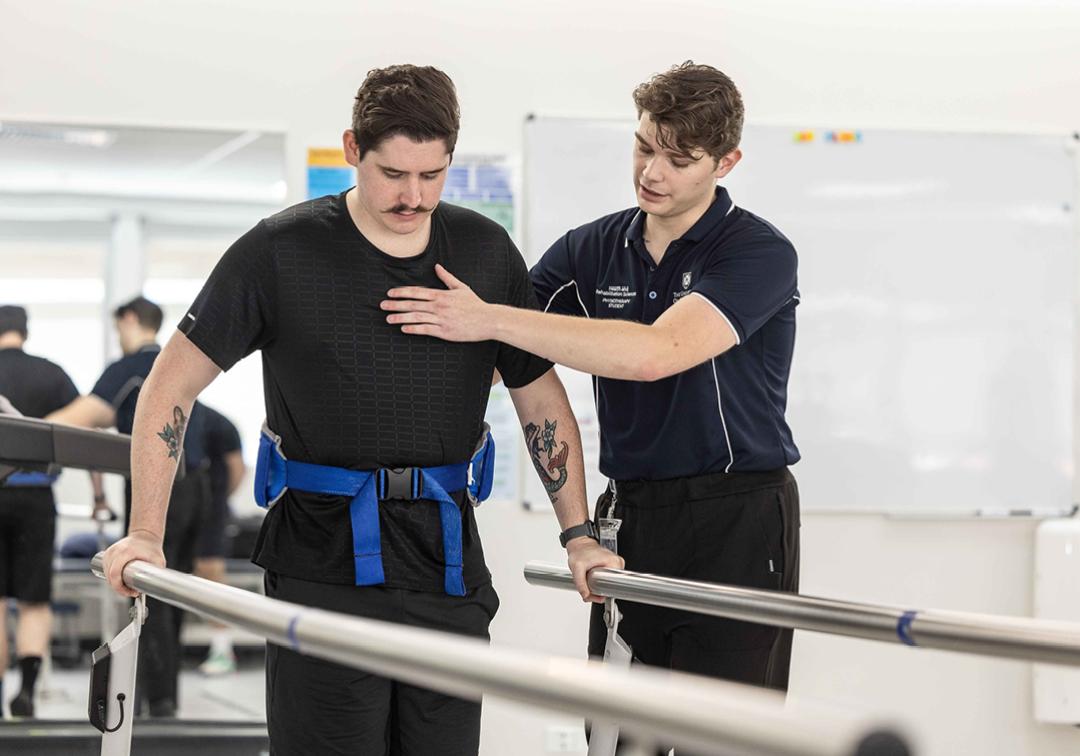
9 June
Master of Physiotherapy information webinar
Stories
See all stories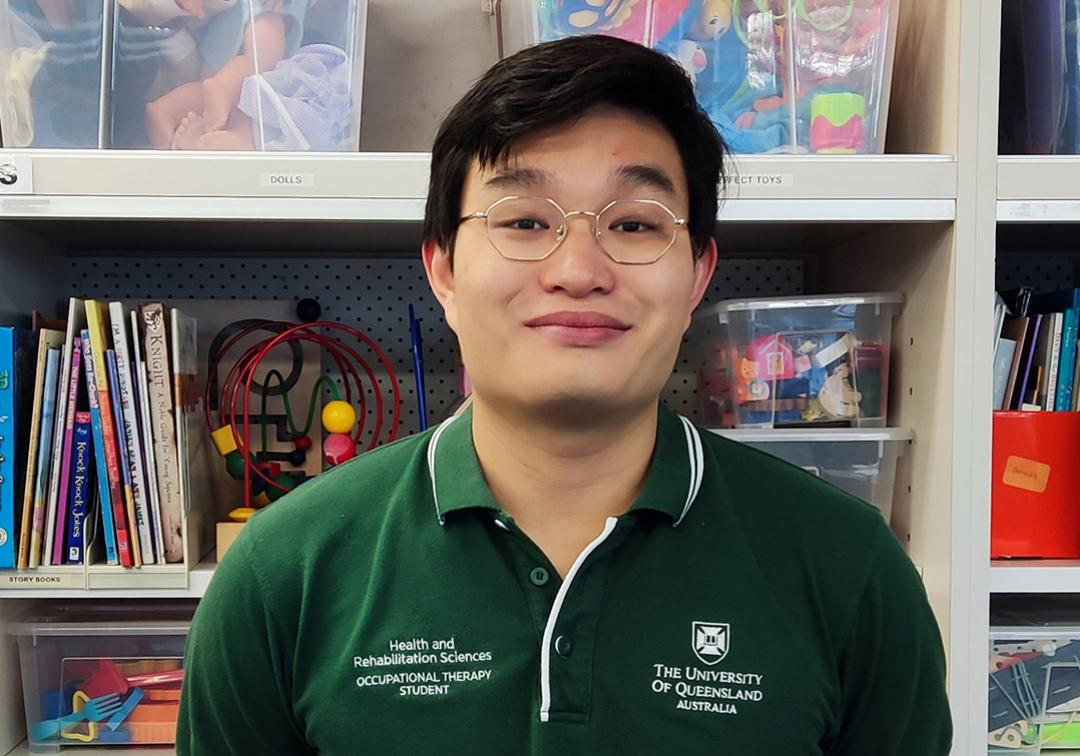
UQ people
Studying occupational therapy: FAQs answered
3-minute read

UQ people
How Ryan discovered his passion for occupational therapy
4-minute read
Stories
See all stories
UQ people
Studying occupational therapy: FAQs answered
3-minute read

UQ people
How Ryan discovered his passion for occupational therapy
4-minute read
Entry requirements
Prerequisites
Prerequisites
Entry score threshold
| ATAR / Rank | IB |
|---|---|
| 95.45 | 39.5 |
These are the lowest adjusted scores we made an offer to in Semester 1, 2025. Entry scores are based on the most recent Semester 1 intake and are updated in April each year. Meeting the entry score threshold doesn't guarantee admission.
Guarantee your place at UQ: If you meet our guaranteed minimum ATAR you could secure an offer for your preferred program.
English language requirements
IELTS overall 7; reading 7; writing 7; speaking 7; listening 7. For other English Language Proficiency Tests and Scores approved for UQ
TOEFL iBT (including Paper Edition) - Overall 100, listening 25, reading 25, writing 27, speaking 23.
PTE Academic - Overall 72, sub bands minimum 72.
CES - Overall 185, All sub bands minimum 185.
BE and OET are not accepted.
There are other ways to meet the English language requirements. For some programs, additional conditions apply.
Inherent requirements
To complete this degree, you have to meet its inherent requirements by demonstrating essential skills and attributes. Read the inherent requirements before you apply.
Student visas
International students who are accepted into full-time study in the Bachelor of Occupational Therapy (Honours) are eligible to apply for an Australian student visa (subclass 500).
There are a number of requirements you must satisfy before a visa is granted, including the Genuine Student (GS) requirement.
Entry score range
This table shows the range of entry scores for recent secondary students offered a place in the B Occupational Therapy (Hons) for Semester 1, 2025
| Without adjustments | With adjustments | |
|---|---|---|
| Highest | 99.95 | 99.95 |
| Median | 95.75 | 97.7 |
| Lowest | 93.45 | 95.45 |
Who you'll study with
Here's a snapshot of our student intake for this program in Semester 1, 2025:
| Applicant background | Number of students | Percentage of all students |
|---|---|---|
(A) Higher education study | 60 | 48% |
(B) Vocational Education and Training (VET) study | 0 | 0% |
(C) Work and life experience | <5 | <5 |
| (D) Recent secondary education | ||
| 55 | 44% |
| 0 | 0% |
| 0 | 0% |
International students | N/P | N/P |
Total | 125 | 100% |
"<5" — The number of students is less than 5.
N/A — Students not accepted in this category.
N/P — Not published. The number is hidden to protect the privacy of students in other cells.
Need help meeting the entry requirements?
Additional application information
Additional application information
Fees and Scholarships
Indicative annual fee
Approximate yearly cost of tuition (16 units). Your fees will vary according to your selected courses and study load. Fees are reviewed each year and may increase.
$10,420
2026
Approximate yearly cost of tuition (16 units). Your fees will vary according to your study load. Fees are reviewed each year and may increase.
AUD $58,056
2026
Government assistance
Financial aid
As an international student, you might be eligible for financial aid – either from your home country, or from the Australian Government.
HECS-HELP
Domestic places in the Bachelor of Occupational Therapy (Honours) are Commonwealth supported, as long as you meet all Commonwealth supported place eligibility requirements.
This means the cost of your education is shared between you and the Australian Government. Instead of tuition fees, Commonwealth supported students pay what are called student contribution amounts.
If you have a Commonwealth supported place, you may also be eligible for HECS-HELP. This is an Australian Government loan scheme to assist eligible students with the cost of their student contribution amounts.
Centrelink support
The Australian Government offers a number of income-support payments to eligible Australian university students.
Scholarships
You may be eligible for more than 100 scholarships, including:
How to apply
Applying online
If your senior schooling is from outside Australia, you can submit your application to UQ. Or, if you prefer, you can use an approved UQ agent near you.
The program code for the Bachelor of Occupational Therapy (Honours) is 2368.
How to apply for undergraduate study
If your senior schooling is from Australia
Submit your application to the Queensland Tertiary Admissions Centre if you're an international student who is currently studying:
- Australian Year 12 (in Australia or another country), or
- the International Baccalaureate in Australia.
The QTAC code for the Bachelor of Occupational Therapy (Honours) is 724002.
Applying through QTAC
All domestic applications should be submitted to the Queensland Tertiary Admissions Centre (QTAC).
The QTAC code for the Bachelor of Occupational Therapy (Honours) is 724002.
Important dates
If you’re studying Year 12 in Australia, go to the QTAC website to check the closing date for this program.
If you’re applying to UQ, the closing date for this program is:
- To commence study in semester 1 - November 30 of the previous year.
Visa processing times vary. Apply and accept your offer as early as you can.
To learn more about UQ dates, including semester start dates, view the Academic Calendar.
Important dates
To check the closing date for this program, go to the QTAC website.
To learn more about UQ dates, including semester start dates, view the Academic Calendar.
Admissions schemes
Applying to university can be both exciting and daunting, which is why we’ve tried to make the process as simple as we can.
We have several schemes in place to improve your chances of getting a place at UQ.
Pathway options
A rank or score doesn’t determine your potential.
If you're not offered a place in your first-choice program – or if you don't meet the entry requirements – you still have a number of options.
Aboriginal and Torres Strait Islander applicants
For support with applying – or if you have any questions about university life – get in touch with our Aboriginal and Torres Strait Islander Studies (ATSIS) Unit.
Explore other programs
Express yourself. And your interest.
They say choosing a degree is hard, which is why we've made it easy. Register your interest and we'll send you everything you need to know about applying to UQ.


